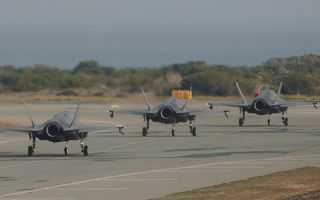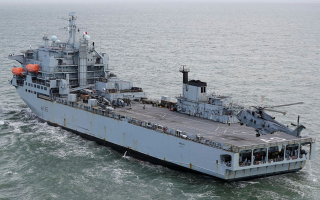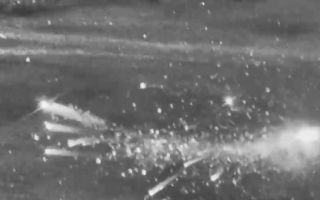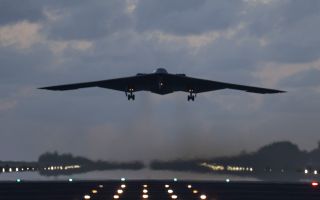Aldershot bombing: The first IRA revenge attack against British Army on English soil
A memorial service has taken place today at the site where, 51 years ago, the Official Irish Republican Army (Official IRA) bombed the 16th Parachute Brigade officers' mess, killing seven people and injuring 19.
The bombing was the first attack on mainland Britain during the Northern Ireland troubles.
And despite the passage of time, for many, the memories are still raw.
Watch: Richard Wyeth, a BFBS the Forces Station broadcaster, attended the memorial service and spoke with one of the survivors, 2 PARA veteran Geoff Butler.
What Happened?
On 22 February 1972, in Aldershot, the British Army's 16th Parachute Brigade came under attack from the Official IRA during a bombing at their headquarters in Montgomery Lines.
Operatives from the Official IRA parked a light blue 1971 Ford Cortina containing a 280lb time bomb outside the officers' mess which exploded at 12:40pm.
This was the first major act of war against the British Army on English soil in retaliation for Bloody Sunday, which saw 13 people die after troops opened fire on civil rights demonstrators, with another victim dying in hospital.
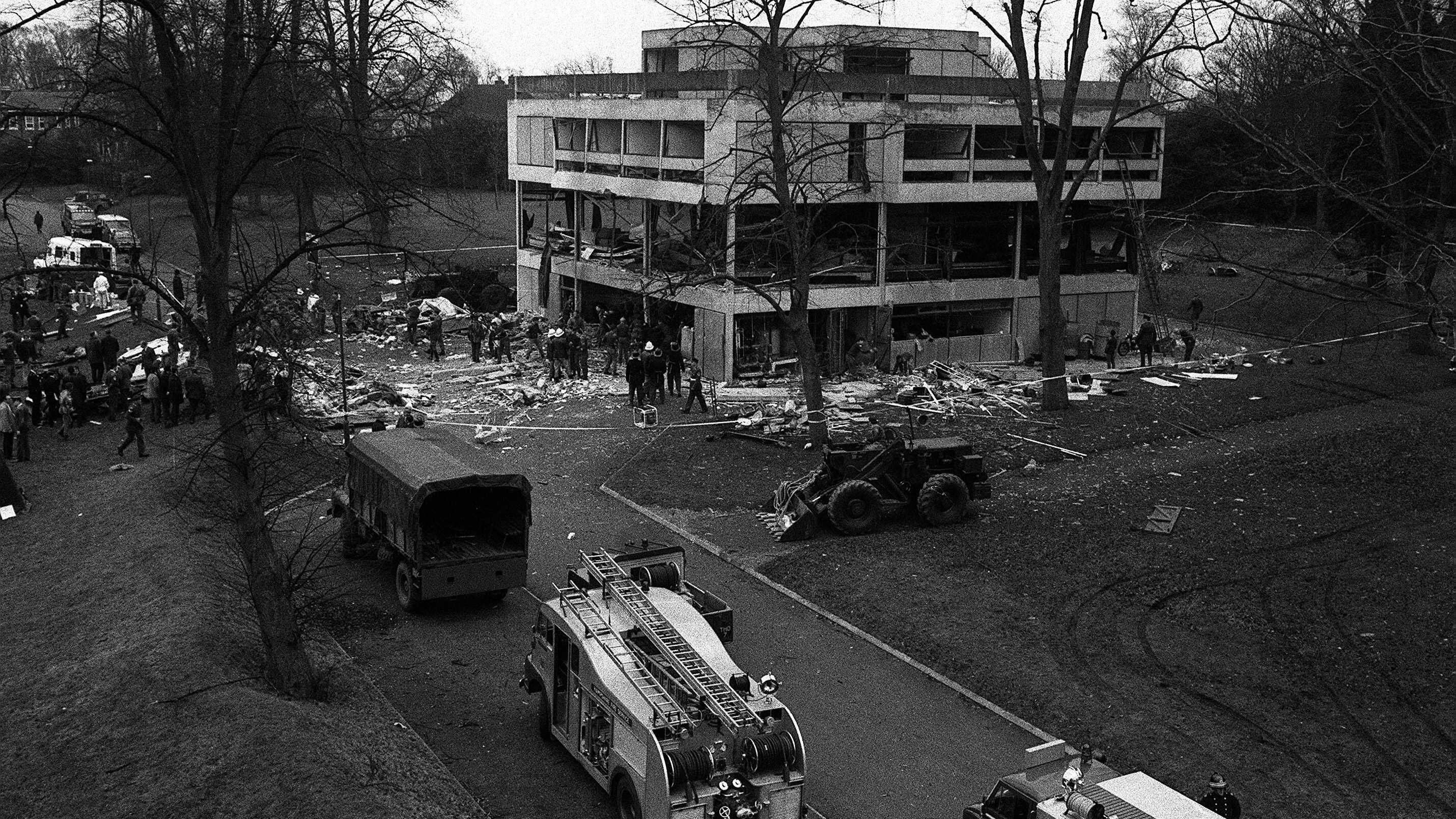
The huge explosion ripped through the mess, demolishing sections of the building, killing seven and injuring 19.
Soldiers were the intended targets but were not present as the regiment was stationed abroad and most staff officers were in their offices rather than the mess.
Those who lost their lives 51 years ago today were: British Army officer, Captain Gerry Weston, a Roman Catholic Chaplain who had recently returned from service in Ulster, gardener John Hasler and five female cleaners, Mary Bosley, Jill Mansfield, Joan Lunn, Sheri Munton and Margaret Grant.
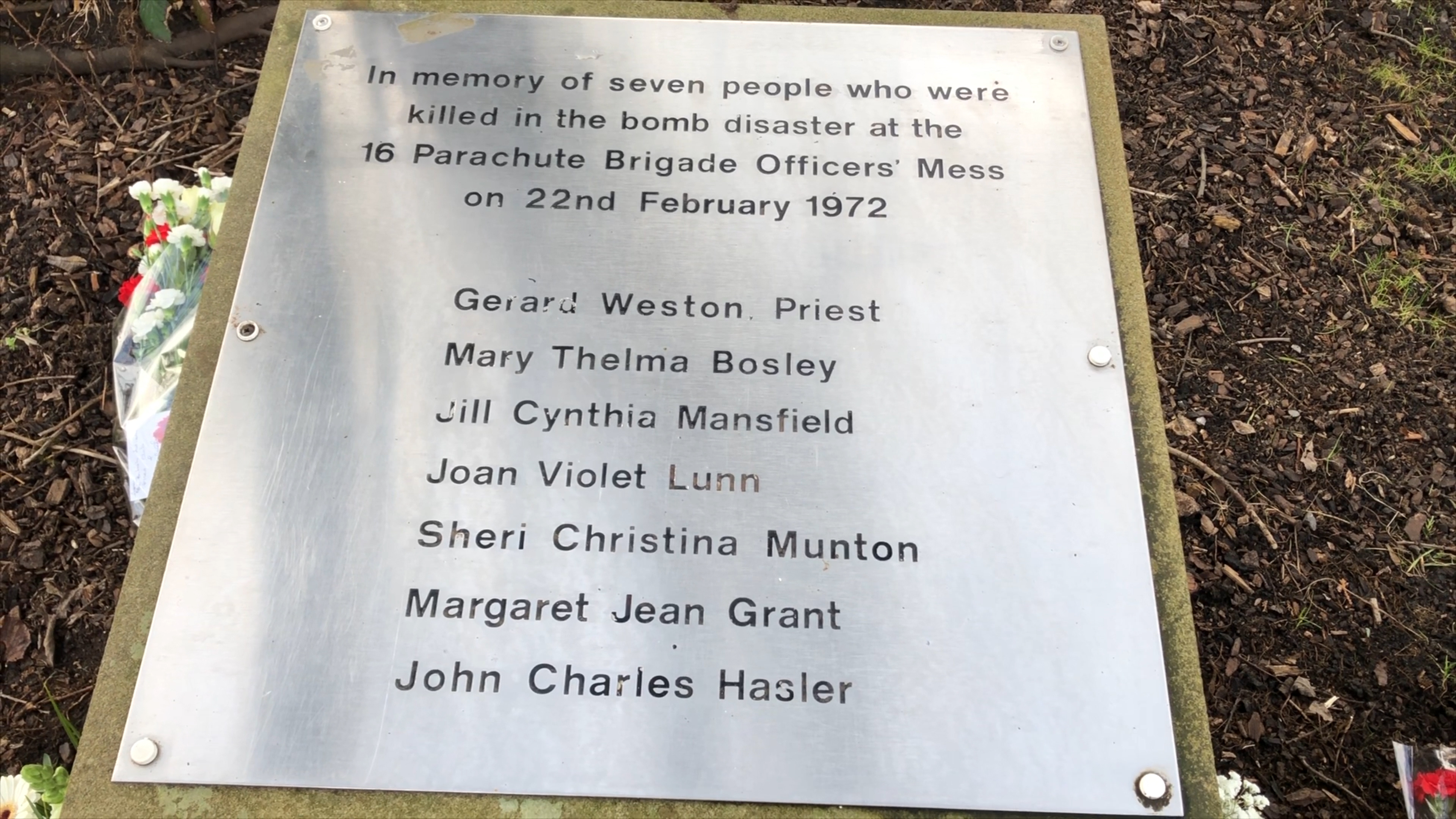
Following the attack, there was enhanced security at military establishments and a memorial service for all those who died was held at the Royal Garrison Church on 24 March 1972.
Paul Vickers, Chair of the Friends of the Aldershot Military Museum, spoke with Natasha Reneaux, a BFBS the Forces Station broadcaster, about the reaction to the deadly attack and whether the bombers were ever caught.
He said: "This was such a cowardly act that there was revulsion across all of Britain.
"There was a condemnation in the House of Commons, in the government of Northern Ireland and in the government of the Irish Republic.
"The police arrested three men in connection with the attack and on 5 May, amid very tight security, they were brought before Aldershot magistrates."
Noel Jenkinson and Francis Kissane were charged with the seven murders, possession and manufacture of explosives and other charges.
Michael Duignan was charged with illegal possession of firearms and conspiracy to pervert the course of justice.
All three were committed for trial in October 1972 at Winchester Crown Court.
Jenkinson was found guilty of all seven murders and sentenced to life imprisonment with a minimum of 30 years. He died in 1976 of a heart attack.
Kissane was found not guilty of the murders but guilty of conspiracy and was sentenced to two years imprisonment, while Duignan received 3.5 years for possession of firearms and conspiracy to pervert the course of justice.
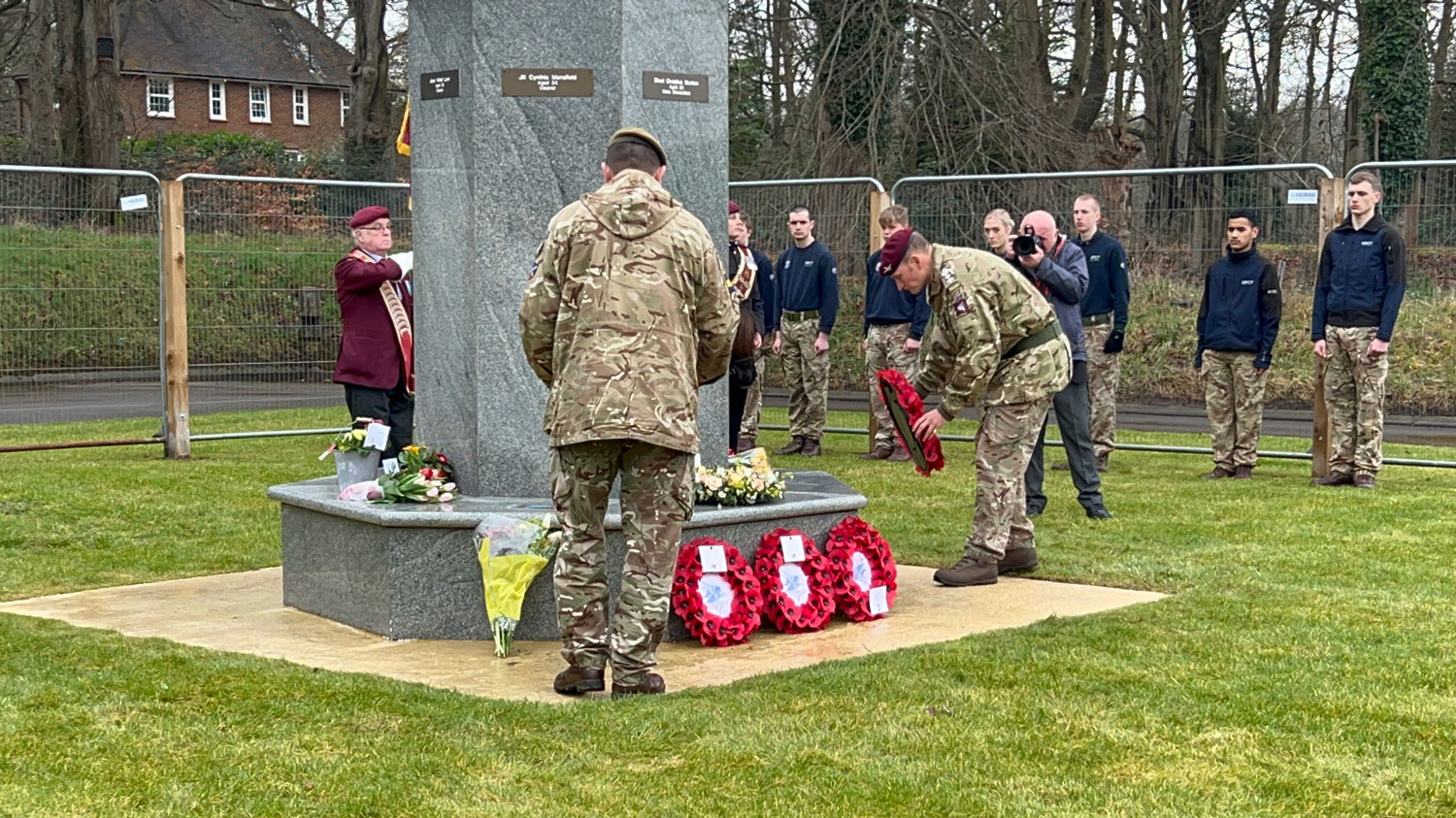
The ruins of the officers' mess were demolished and the land was transformed into a memorial garden.
To mark 50 years since the deadly explosion, a new seven-sided memorial was erected in 2022, one side for each of the victims who died.
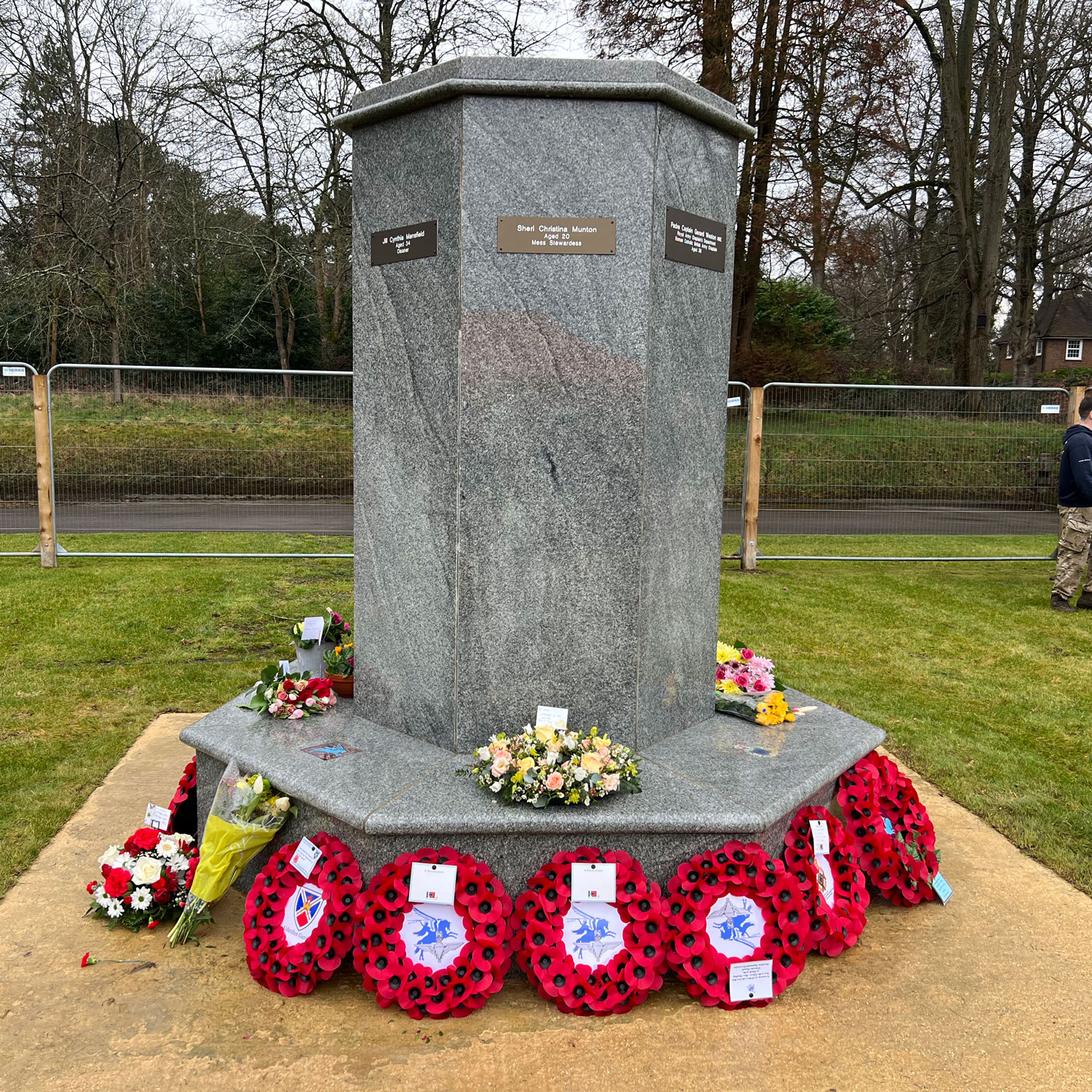
Cover image: Soldiers help to clear up debris hurled in all directions after the 1972 Aldershot bombing at the officers' mess of 16th Parachute Brigade (Picture: PA Images / Alamy Stock Photo).


